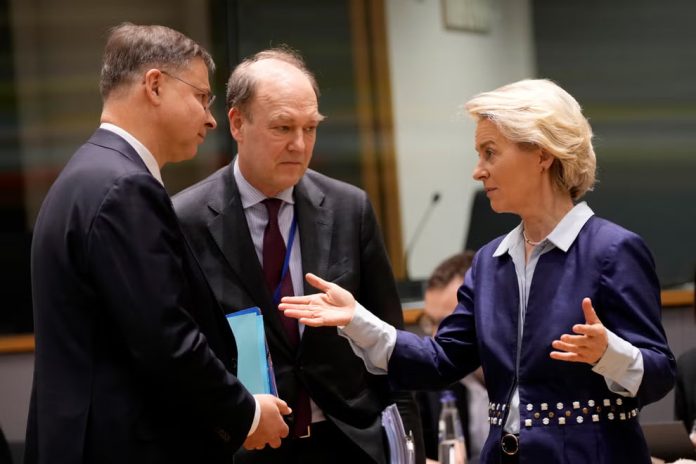The European Commission proposed on 22 March to impose tariffs on grain imports from Russia and Belarus in an attempt to appease angry European farmers protesting against cheap imports.
The EU has previously avoided imposing sanctions on Russian agricultural products so as not to disrupt global supplies. The Commission noted that the grain transit through the bloc to other countries, as well as the financing, insurance, storage and transport of shipments, would still be allowed with tariffs in place.
Experts claimed earlier this week that Russian and Belarusian supplies to the bloc were being delivered in low volumes, with the imposition of duties being largely symbolic.
Russia exported 4.2 million tonnes of cereals, oilseeds and processed products worth 1.3 billion euros ($1.4 billion) to the EU in 2023, accounting for about 1% of the EU market, a Commission spokesman reported.
The duties will be 95 euros ($102.76) per tonne on cereals and 50 per cent on oilseeds and will be applied after approval from EU governments, which are likely to agree within weeks.
The proposal to impose tariffs on Belarusian and Russian grain products comes amid efforts by EU leaders to deal with farmer complaints about environmental rules and the suspension of duties on agricultural imports from Ukraine after the outbreak of the war in February 2022.
France and Poland criticised Wednesday’s provisional agreement to extend tax-free access for another year with new restrictions on certain foodstuffs. Moreover, the agriculture ministers of the Czech Republic, Estonia, Latvia, Lithuania and Poland wrote to the Commission on Wednesday urging it to take action.
